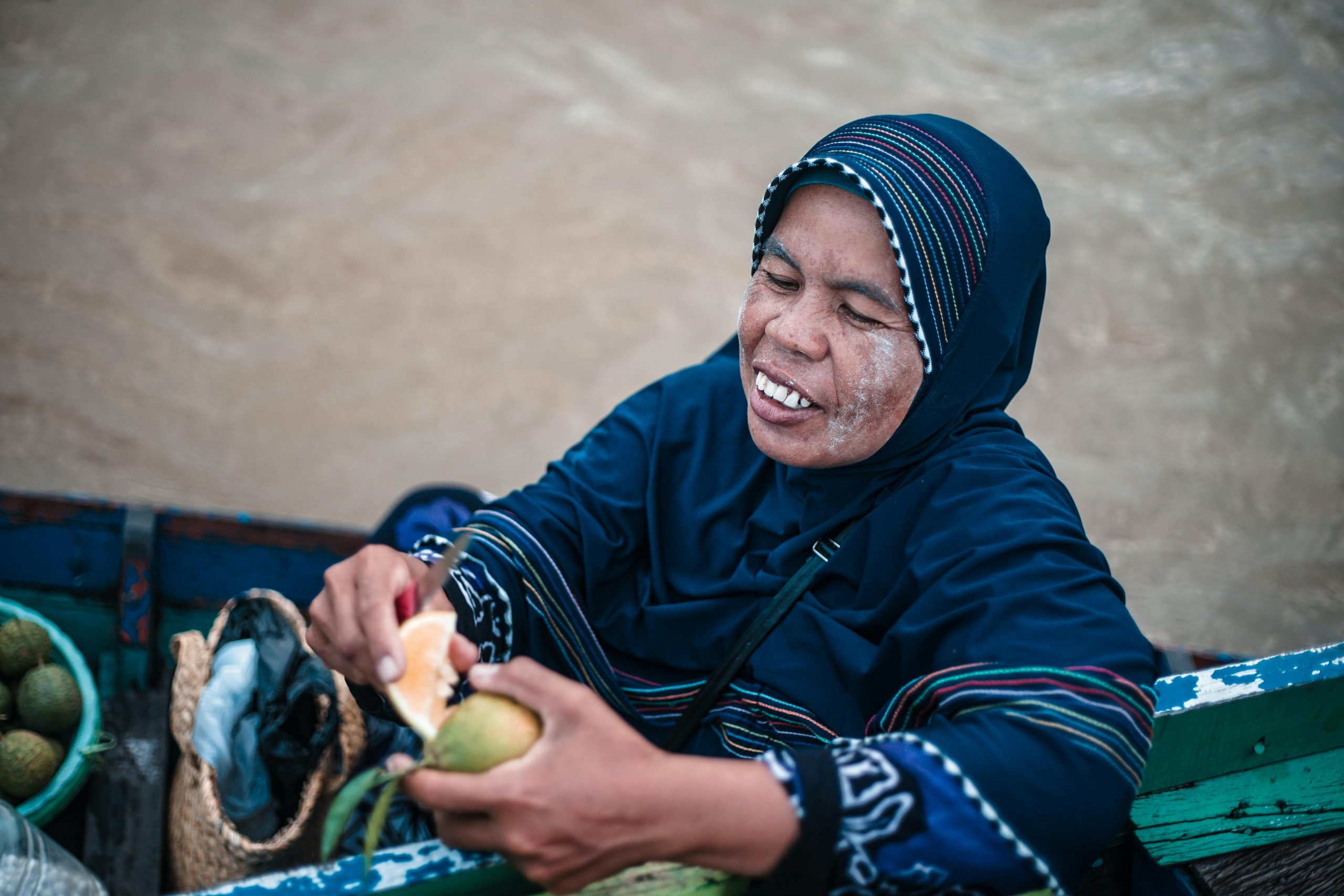The Culinary Traditions of Indigenous Peoples Worldwide
The culinary traditions of indigenous peoples around the world are rich in history and culture. For thousands of years, these communities have developed unique and distinctive ways of preparing food and sharing meals. Their cuisine not only reflects their connection to the land and nature, but also serves as a way to preserve their cultural heritage. Despite the influence of globalization and modernization, the culinary traditions of indigenous peoples remain an integral part of their identity and way of life.
The Significance of Food in Indigenous Cultures
Food plays a crucial role in the lives of indigenous peoples, serving as a means of sustenance, celebration, and connection with their ancestors. In many cultures, food is considered a sacred gift from the land and is often associated with spiritual beliefs and practices. The preparation and sharing of food also holds great importance, as it is seen as a way to strengthen relationships and build communal bonds.
Connection to the Land
For many indigenous communities, the land is not only a source of food, but also a provider of nourishment for the body and soul. Many traditional foods are gathered directly from the land, such as fruits, vegetables, and wild game. The relationship between the land and indigenous peoples goes beyond mere sustenance, as it represents a deep connection to their cultural heritage and traditional way of life.
Cooking Techniques and Ingredients
The culinary traditions of indigenous peoples are characterized by their use of local and seasonal ingredients, as well as their unique cooking techniques passed down through generations. Many traditional dishes are cooked using traditional methods, such as pit cooking, steaming, or smoking. These techniques not only enhance the flavor of the food, but also reflect the ingenuity and resourcefulness of these communities in making the most of their surroundings.
The Impact of Colonialism
The impact of colonialism has had a significant influence on the culinary traditions of indigenous peoples. European colonization and the introduction of new foods, cooking techniques, and ingredients have greatly influenced and even replaced traditional indigenous cuisine. This forced assimilation has not only had a negative impact on the preservation of cultural traditions, but also on the health and well-being of these communities.
Cultural Appropriation
As modern society becomes more aware of the value and uniqueness of indigenous cultures, there has been an increasing trend of cultural appropriation in the food industry. Traditional dishes and ingredients are often commercialized and marketed as trendy or exotic, without proper acknowledgement or respect for their origins. This not only disrespects the cultural significance of these foods, but also perpetuates stereotypes and further erodes the cultural identity of indigenous peoples.
Promoting Cultural Preservation
Efforts are being made to preserve and promote the culinary traditions of indigenous peoples worldwide. This includes initiatives to revitalize traditional cuisines, support local farmers and producers, and educate the public about the cultural significance of indigenous foods. By recognizing and celebrating the culinary traditions of these communities, we can help preserve their cultural heritage and support their continued existence.
In Conclusion
The culinary traditions of indigenous peoples are more than just food – they are a way of life. These cultural practices not only provide sustenance, but also serve as a symbol of the deep connection to their land, traditions, and spirituality. In order to protect these unique and valuable traditions, it is important to acknowledge their origins and respect their cultural significance. By doing so, we can help preserve the culinary legacy of indigenous communities for future generations to come.










